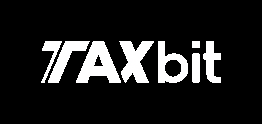Blockchain & Digital Assets
With Deloitte, Trust is non-fungible™.
Our clients' trust is irreplaceable. In the quickly emerging virtual and decentralized world of blockchain, crypto assets, and tokenization, trust is more important than ever.
We’ve made endless blockchain inroads, so you have to make only one.
Are you looking to unravel the complexities of blockchain and digital assets? What may be a new and uncertain space to you is territory we’ve been charting for more than a decade. Regulatory compliance? We’ve got you covered. Technology and systems implementation? Been there, solved that. You can trust Deloitte’s Blockchain & Digital Assets team to meet your business where it is and likely take it further than you can imagine. Our combination of experience, innovation, connection, and relentless determination on behalf of our clients is challenging to find elsewhere. In the limitless world of blockchain, trust can be your most valuable token.
Start anywhere. Go anywhere.
Deloitte provides targeted insights to navigate through your most urgent blockchain and digital asset issues. We serve blockchain and crypto business models across every industry, including financial services, entertainment, health care, real estate, telecom, manufacturing, transportation, and government. No matter where you are in your blockchain journey, we can meet you where you are and take you further than you thought you’d ever go.
Empowering your blockchain and digital assets journey through collaboration.
At Deloitte, we know alliances can create new possibilities. Together with our blockchain alliances, we can help you accelerate your innovation and drive toward your most ambitious blockchain goals. Our team of industry leaders are assisting businesses worldwide to expand their horizons using blockchain and digital assets. Join us in building a stronger, more innovative blockchain landscape.
Definitions
Where to begin when you cannot wait to get started.
It’s been called the future of the web and the next frontier of finance. But the same vastness and endless opportunities that make the crypto, blockchain, digital asset, and decentralized finance space so exciting can also create a significant barrier to entry. With so many points of entry to choose from and so many unknowns—risk, regulation, strategy, and ROI—where should you and your company even begin?
Amid the volatility of crypto, the uncertainty of DeFi, and novelty of dApps is a name you do know. Ours. We’re every bit as safe, secure, knowledgeable, and connected as you’d expect us to be but more experienced in blockchain and digital assets than you ever knew. Our innovative and relentless ingenuity is something you’ll find hard to get anywhere else, metaverse or metaspace. It’s not just non-fungible. It’s invaluable.











